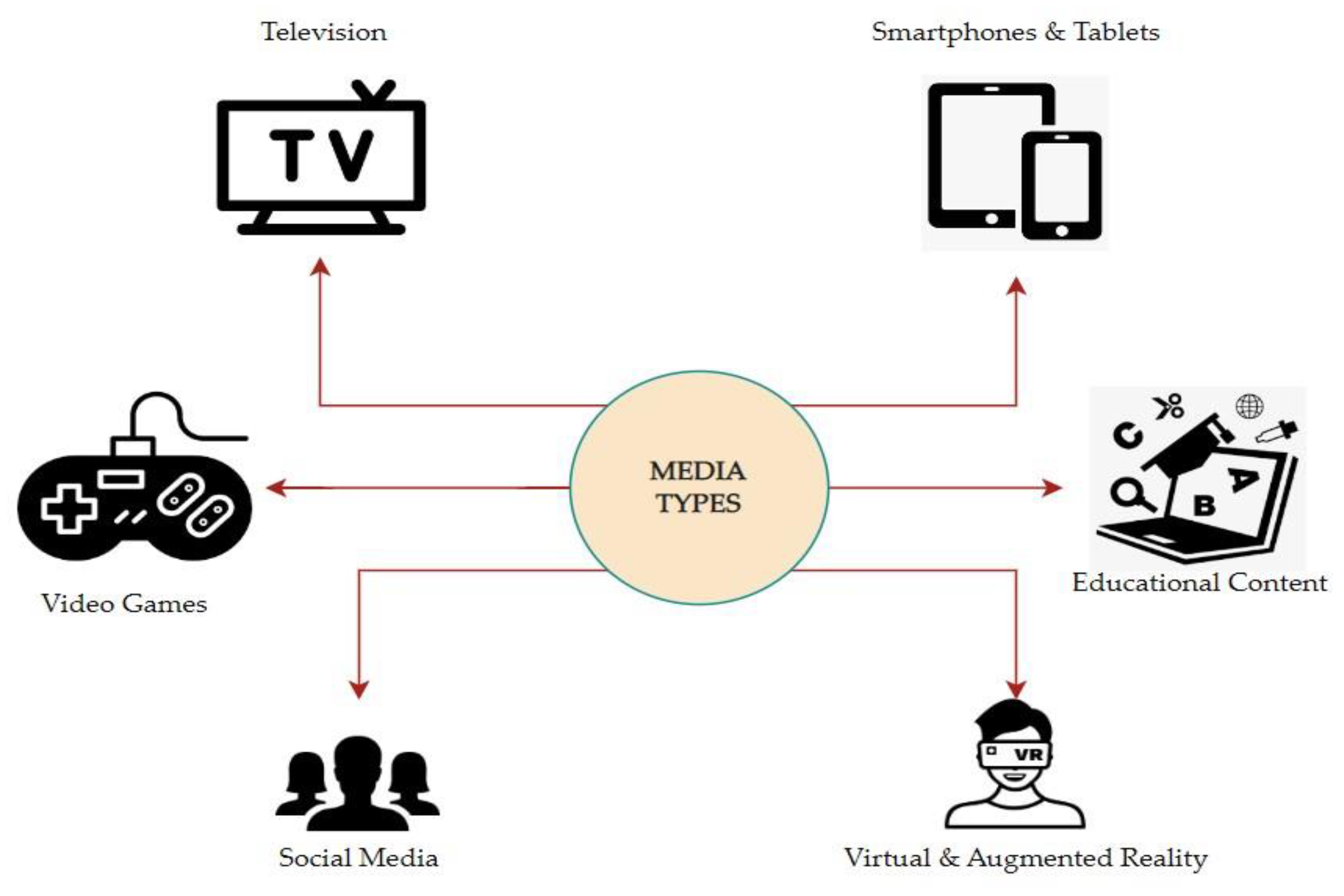
Cultivating Young Minds: Cognitive Growth Strategies for Kids
In the journey of childhood development, fostering cognitive growth is a vital aspect that contributes to a child’s overall well-being. By incorporating effective strategies and activities, parents and educators can nurture young minds and set the foundation for lifelong learning and success.
Encouraging Curiosity through Exploration
One key strategy for cognitive growth in children is to encourage curiosity through exploration. Create an environment that stimulates their natural curiosity by providing opportunities to explore new places, objects, and ideas. Trips to museums, nature walks, and hands-on activities promote a sense of wonder and curiosity, laying the groundwork for cognitive development.
Promoting Reading and Language Development
Reading plays a pivotal role in cognitive growth and language development. Introduce children to a variety of age-appropriate books and engage in regular reading sessions. This not only enhances language skills but also exposes them to new concepts, builds vocabulary, and fosters a love for learning. Make reading an interactive and enjoyable experience.
Interactive Learning through Educational Games
Incorporating educational games into a child’s routine is an effective way to promote cognitive growth. Choose games that are not only entertaining but also challenge their problem-solving skills, memory, and critical thinking. Board games, puzzles, and interactive apps designed for educational purposes can be valuable tools for cognitive development.
Hands-On STEM Activities for Problem-Solving
STEM (Science, Technology, Engineering, and Mathematics) activities are excellent for promoting cognitive growth and problem-solving skills. Engage children in hands-on STEM projects that encourage them to think critically, experiment, and find solutions to real-world problems. These activities foster a love for inquiry and discovery.
Encouraging Creativity through Art and Expression
Artistic expression is a powerful cognitive growth strategy for kids. Provide them with various art supplies and encourage creative activities such as drawing, painting, and crafting. These activities not only enhance fine motor skills but also stimulate imagination and creativity, contributing to overall cognitive development.
Music and Movement for Cognitive Enhancement
Music and movement play a significant role in cognitive enhancement. Introduce children to different genres of music and involve them in activities that incorporate rhythm and movement. Music education has been linked to improved memory, language skills, and cognitive abilities. Encourage them to dance, sing, or learn to play a musical instrument.
Problem-Solving Through Critical Thinking
Fostering critical thinking skills is essential for cognitive growth. Present children with age-appropriate problems and challenges that require them to think critically and find solutions. This can be done through puzzles, brainteasers, or real-life scenarios. Developing problem-solving skills from an early age sets the stage for cognitive advancement.
Nature Exploration for Cognitive Stimulation
Connecting with nature provides a rich environment for cognitive stimulation. Outdoor activities like hiking, gardening, or observing wildlife expose children to new experiences and promote cognitive growth. Nature exploration enhances observation skills, encourages curiosity, and provides a holistic learning environment.
Social Interaction for Emotional and Cognitive Development
Social interaction is a fundamental aspect of cognitive and emotional development. Encourage children to engage in playdates, group activities, and team sports. These interactions promote social skills, empathy, and cooperation, contributing to a well-rounded cognitive and emotional development.
Utilizing Technology Responsibly for Learning
In the digital age, responsible use of technology can be a valuable cognitive growth tool. Introduce educational apps, interactive learning platforms, and age-appropriate content that aligns with learning goals. Monitoring and limiting screen time while incorporating technology as a supplement to traditional learning methods can support cognitive development.
Cultivating Lifelong Learners
By implementing these cognitive growth strategies for kids, parents and educators play a crucial role in cultivating lifelong learners. Nurturing cognitive development not only prepares children for academic success but also equips them with the essential skills needed for a future where continuous learning is paramount.
For more insights and resources on Cognitive Growth Strategies for Kids, visit evolutiongrooves.com and explore additional tools to foster cognitive development in young minds.
